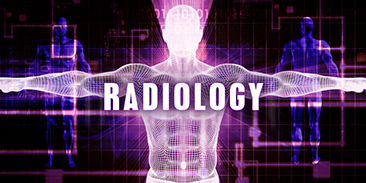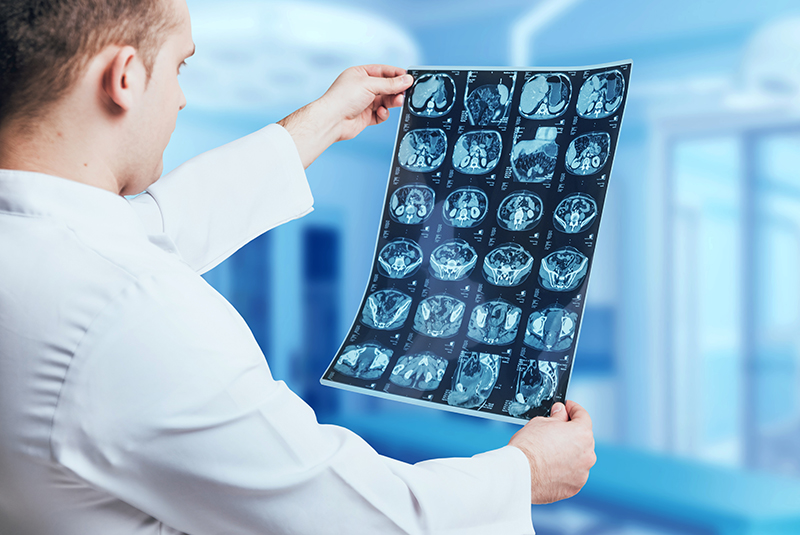 Accurate and timely reporting of patient care information is crucial for all medical specialties and especially significant for radiology. Each provider of patient care in the radiology service system needs to know that the information sent is accurate, and has been successfully received and understood by the intended recipient. Professional radiology transcription companies ensure quality documentation of operative reports and procedure notes for a wide variety of imaging techniques, which is critical for reimbursement, medico-legal and quality assurance activities, and research.
Accurate and timely reporting of patient care information is crucial for all medical specialties and especially significant for radiology. Each provider of patient care in the radiology service system needs to know that the information sent is accurate, and has been successfully received and understood by the intended recipient. Professional radiology transcription companies ensure quality documentation of operative reports and procedure notes for a wide variety of imaging techniques, which is critical for reimbursement, medico-legal and quality assurance activities, and research.
According to a recent report in Health Imaging, superior technologies are set to revolutionize the delivery of radiology services. Radiologists and all medical practitioners will need to adapt to the challenge of machine learning’s expansive capacity to transform big health data into evidence-based care, says the report. Authored by physicians from Harvard and the University of Pennsylvania, the commentary was published online in the Sept. 29 issue of the New England Journal of Medicine. According to them, machine-learning algorithms will feed on and transform massive datasets into knowledge to empower healthcare professionals.
The authors describe three ways by which the upcoming data-into-knowledge transformation will transform the field of medicine:
- Advanced machine-learning algorithms will help physicians to establish a prognosis more easily and accurately. Communication of prognosis is crucial in palliative care as it helps in decision making for seriously ill patients. The study’s authors cite early evidence from their current work which uses machine learning to predict death in patients with metastatic cancer.
- Machine learning algorithms will read digitized images more accurately than human beings, the work that is presently done by radiologists and anatomical pathologists. Faster and more accurate interpretation of digitized images such as mammograms can save lives. The authors expect the patient-safety movement to increasingly back algorithms over humans for the speed they offer.
- Machine learning will reduce medical errors and enhance diagnostic accuracy. The report predicts that machine-learning algorithms will soon produce differential diagnoses, recommend high-value tests, and reduce overuse of diagnostic testing.
Patients will benefit the most from these machine-learning algorithms which are poised to transform the clinical medicine scenario.
Accurate documentation of patient histories and other medical data is crucial as it is this information that shapes the algorithms. In fact, the Health Imaging report cites the researchers as saying that in order to perform well, “medical machine-learning algorithms need to feed on massive datasets incorporating millions of medical observations”. This clearly shows the importance of accurate and timely medical transcription services. Whether radiology or any other specialty, a professional medical transcription company is committed to delivering accurate, complete and timely transcripts of physician dictation integrated to the electronic health record (EHR). By ensuring data integrity, medical transcriptionists ensure the availability of quality data sets that form the foundation of ongoing and future medical research.


